-
Related posts
-
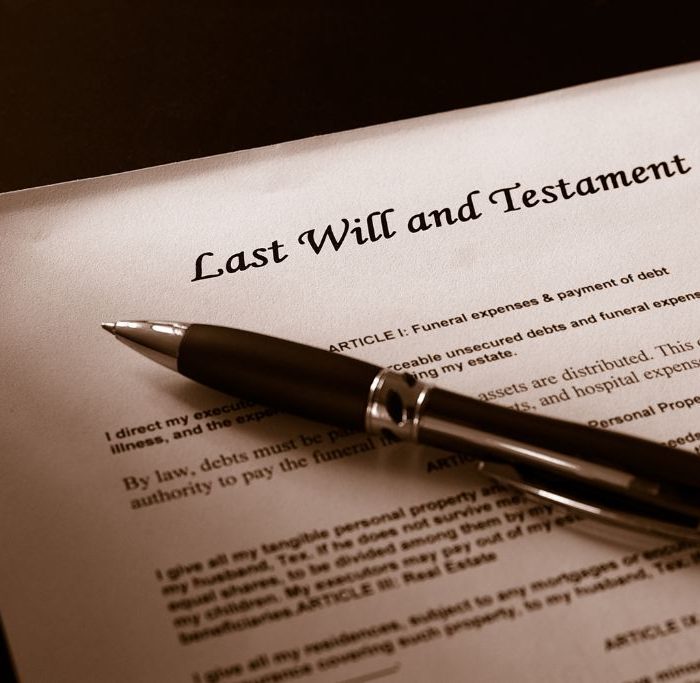
Different scenarios to help illustrate the issues that can arise from an intestacy
14 November 2023
-

Research and Development (R&D) Tax Relief
4 January 2023
-
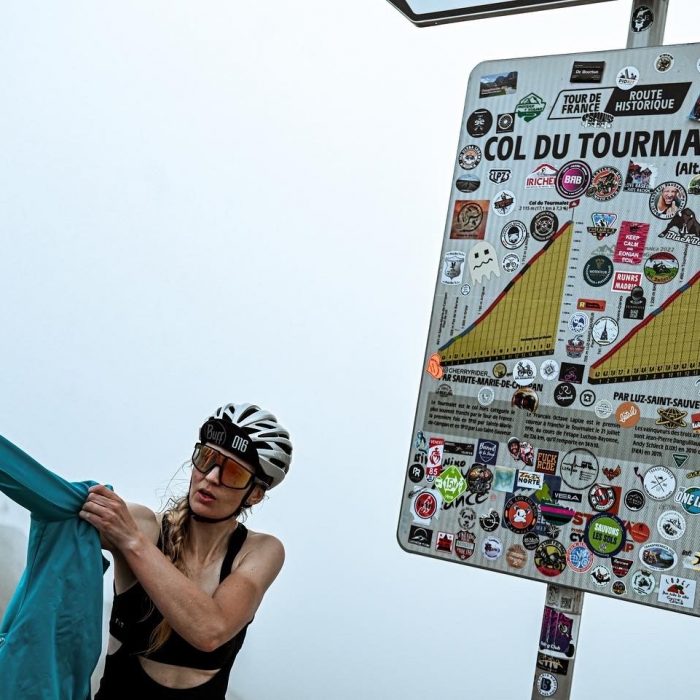
Our amazing Jaimi takes on Transiberica 2022
3 October 2022
-
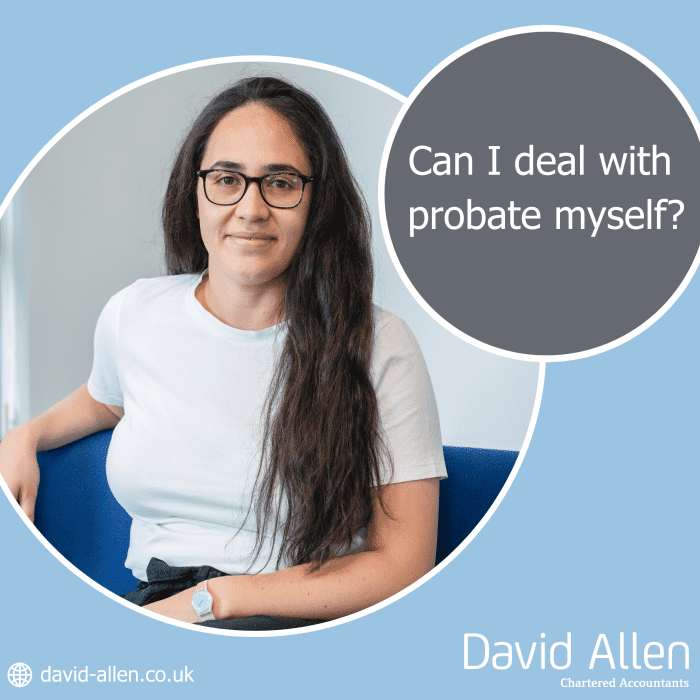
Can I deal with probate myself?
11 August 2022
-
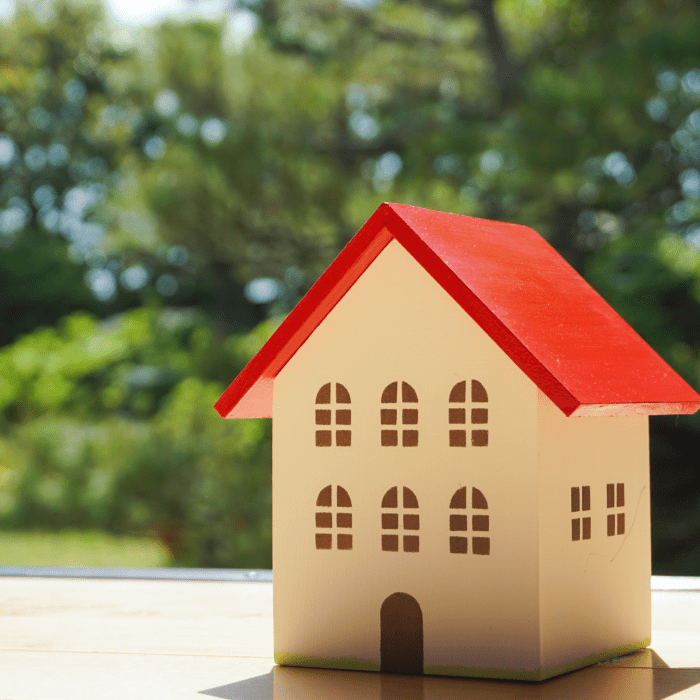
What is an excepted estate?
13 July 2022
-
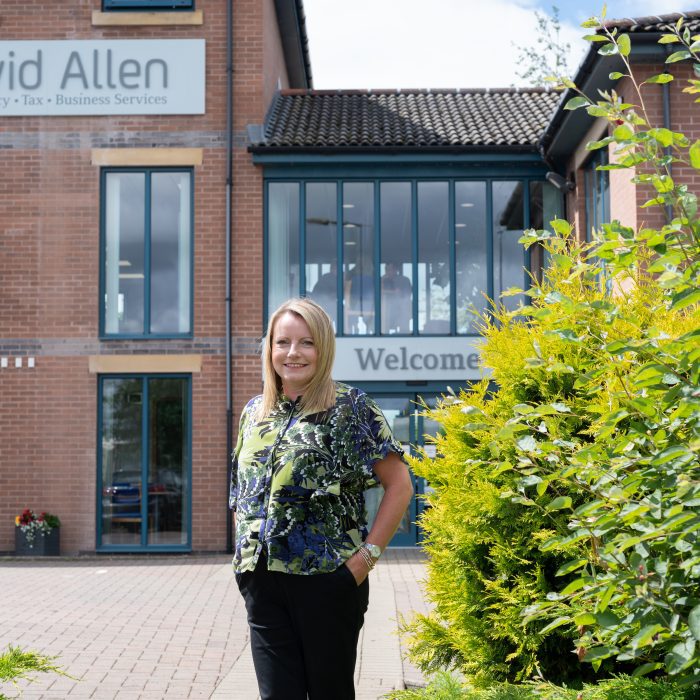
Nurturing your future at David Allen
27 May 2022
-

Research and Development (R & D) Tax Relief
25 May 2022
-

What is Ethical Banking?
4 May 2022
-

I am an Executor of someone’s Will – what are my next steps?
28 April 2022
-
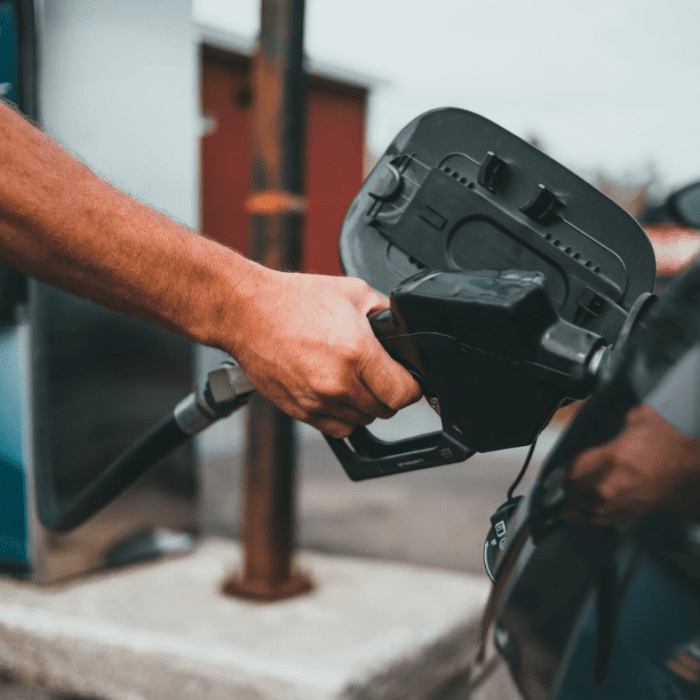
Mileage allowance versus the rising cost of fuel
20 April 2022
-

What is probate?
5 April 2022
-
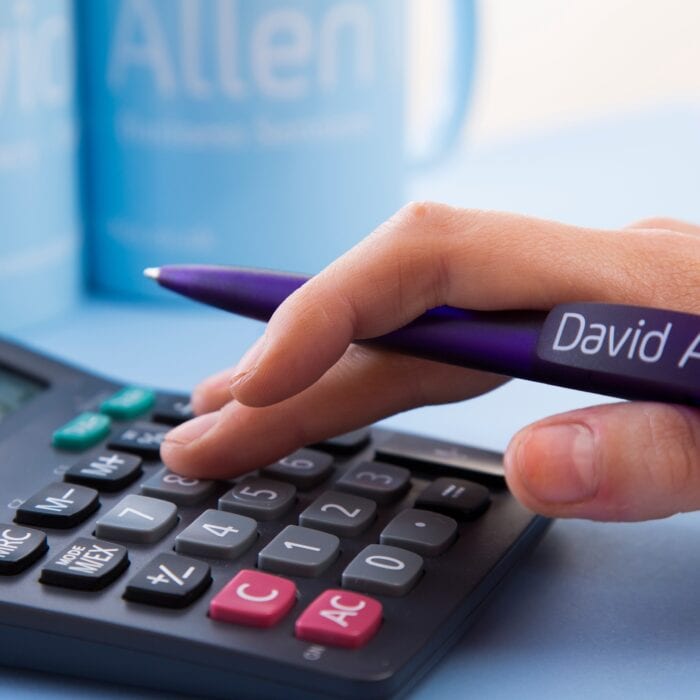
When can a Bounce Back Loan become a personal liability?
9 March 2022
-

Corporation Tax rates are increasing. Will this affect your company?
3 March 2022
-

Our Estate Administration Costs Calculator
1 March 2022
-

How are cryptocurrencies taxed in the UK?
1 March 2022
-

Should I be VAT registered?
24 February 2022
-

What happens when you don’t have a Will in place?
24 February 2022
-

New Year, New business?
19 January 2022
-

Making Tax Digital for Income Tax – Getting you ready
25 November 2021
-

Should you trade as a sole trader or limited company?
25 November 2021
-

When does a hobby become taxable?
16 November 2021
-
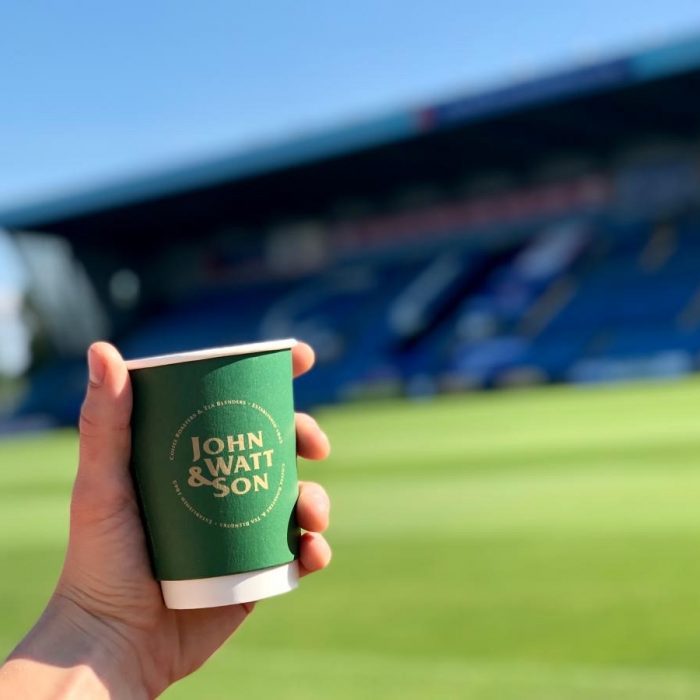
Getting to know clients Peter and Carol Johnston, John Watt and Son
1 October 2021
-

Chris Martin completes the gruelling ‘Fred Whitton’
24 September 2021
-

Super-deduction tax break – what is it and how does it work?
16 September 2021
-
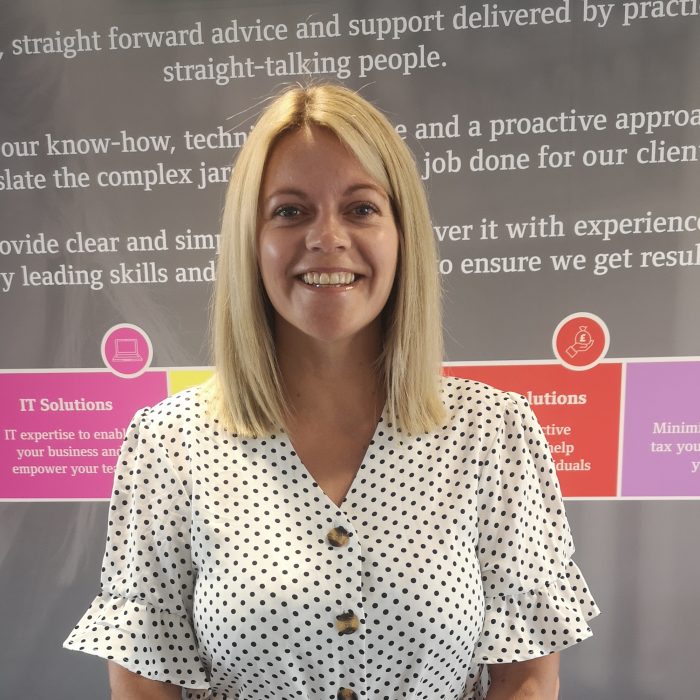
Julie Taylor celebrates 15 years at David Allen
29 July 2021
-

New Accounts Apprentice joins David Allen Chartered Accountants, Dumfries.
12 July 2021
-

What is Probate and estate administration?
26 March 2021
-

How a great auditor can add value to your business
27 January 2021
-

The importance of having a Will in place
15 January 2021
-

Developing a career in auditing
10 December 2020
-

Dealing with a loved one’s last wishes – probate and why using David Allen makes sense
19 November 2020
-
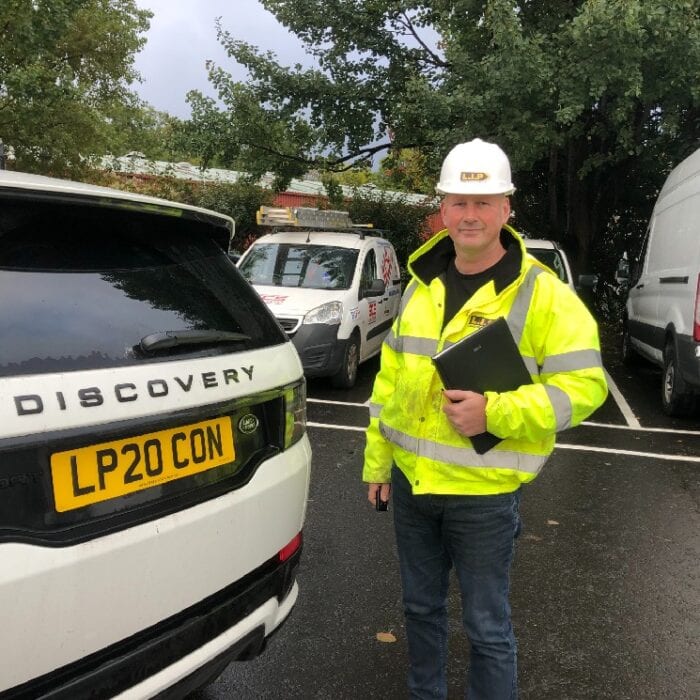
L.I.P. Construction Ltd are building their business with support from David Allen
13 October 2020

